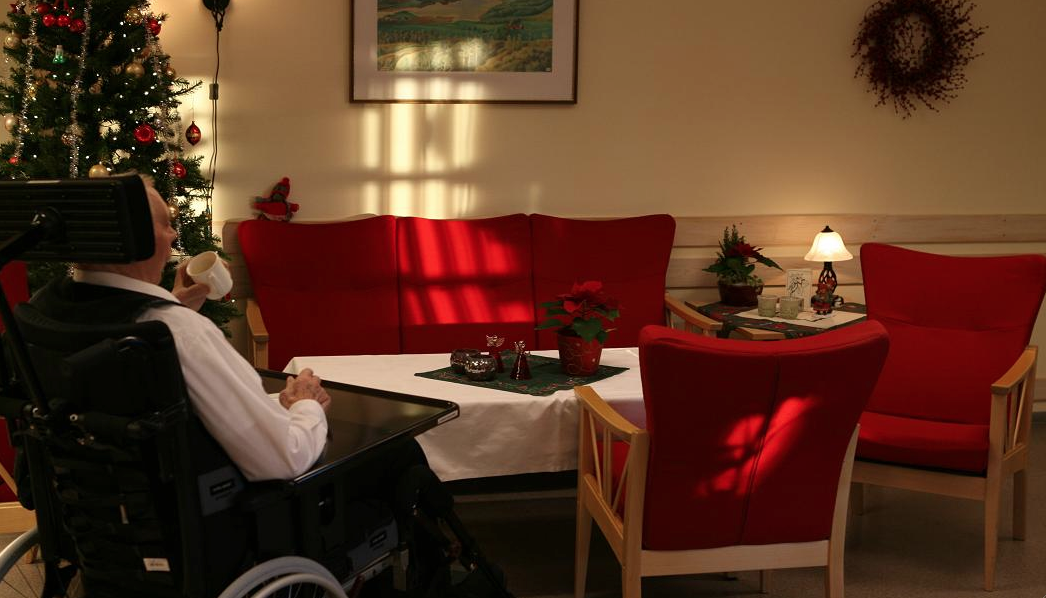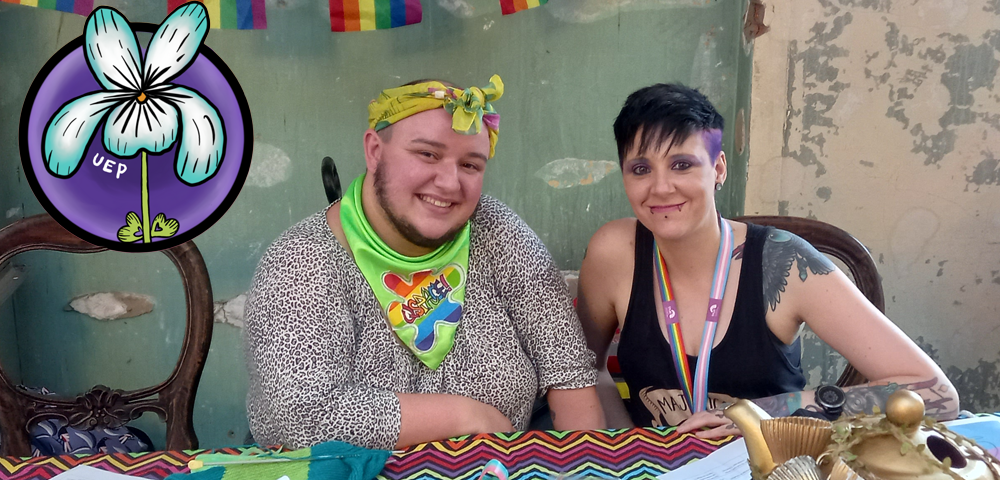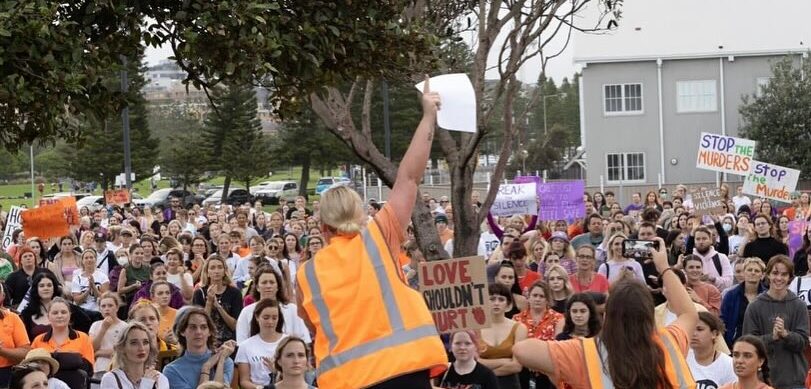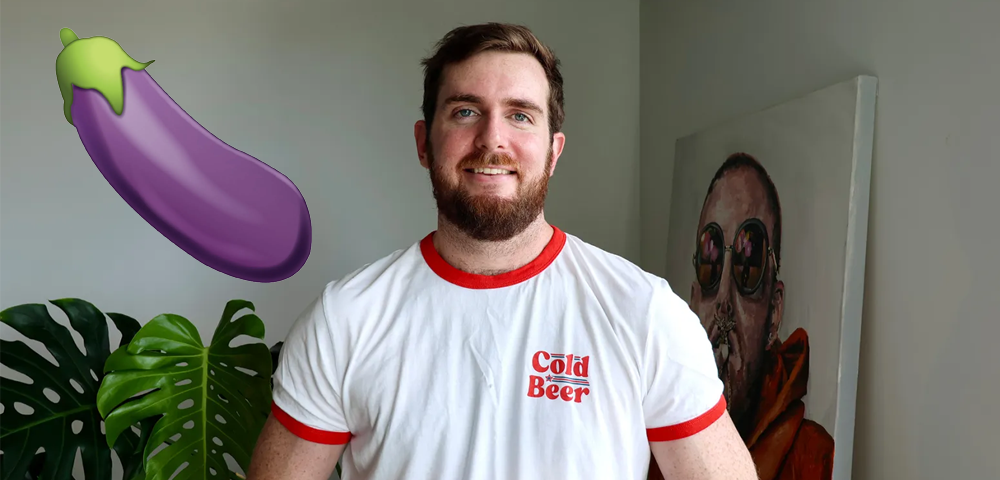
LGBTI elder abuse and the importance of family

A new project is documenting the abuse and discrimination faced by LGBTI elders. Dr. Catherine Barrett from Alice’s Garage highlights one of these tragic stories.
***
Nancy was the most beautiful woman I have ever met. She was elegant, charming, feisty, and a great story teller.
When we first met she opened the door to her tiny bedsit clad only in a petticoat, stockings, bra, and undies.
She invited me in and instructed me to make her a cup of tea. As we drank tea, she chain smoked and told me the story of her life.
With that she made her way into my heart.
Nancy spent the first half of her life living as a male. She joined the navy, got married, and had a couple of children.
In the 1960s the marriage ended and Nancy began to live as a woman. She had breast augmentation and became an exotic dancer.
She was the happiest she had ever been. Her happiness continued when she met Joe*, the love of her life – they moved into a boarding house together and then into residential aged care.
Nancy’s relationship and gender were respected by staff in the residential aged care facility – I witnessed that first hand.
But the same could not be said of her family. Nancy’s family referred to her as ‘he’ and seldom visited.
Nancy chose to ignore their transphobia as best she could – because she loved them and wanted desperately to have more contact with them.
Joe’s family was also transphobic. When Joe became terminally ill and was transferred to an acute hospital, his family would not let Nancy visit because she was not considered to be family.
Within a week of Joe’s death, his family stripped the room he and Nancy shared and even tried pulling Joe’s wedding ring off Nancy’s finger.
The family also refused to provide information about Joe’s funeral service and burial and it took Nancy a year to find out where he was buried.
When Nancy died one of her family members called me to let me know. The family member said: “I want to let you know he has gone.”
I was shocked by the loss of my beautiful friend – and also by the use of the male pronoun.
While Nancy forgave her family for failing to acknowledge her gender – I found it incredibly difficult. I felt it was too little, too late.
Nancy was one of the first LGBTI elders (people aged 65 years or more) I ever met.
I still carry her story around with me – because she was such a beautiful person and because her story holds so many of the threads of the stories I have heard since.
Over the course of the last 10 years I have had the privilege of interviewing hundreds of LGBTI elders.
There is now a growing body of evidence on the experiences and needs of LGBTI elders – with some expected findings and some surprises.
It may not be surprising to learn that many LGBTI elders experienced appalling discrimination because their relationships or bodies didn’t conform with societal expectations.
It may also not be surprising to learn that these experiences resulted in anxiety, depression, and social isolation.
Nor that LGBTI elders may delay or refuse to access aged care services because they are frightened that the world has not sufficiently changed.
This fear and need has shaped a significant program of aged care education nationally. But there is also a new pattern emerging that has surprised me.
In my research and conversations with older people and colleagues in other states and territories, there appears to be an increasing number of elders who are coming out or transitioning late in life.
Many of these late bloomers have adult children who don’t respect the fact that their parent has entered into a same sex relationship or is transitioning.
This can become insidious when the LGBTI elder is no longer autonomous and is reliant on their family of origin.
What has also been a surprise to me is that some of the LGBTI elders I have spoken with tolerate the disrespect for their same sex relationship or gender identity.
Some, like Nancy, feel they have few choices because they want to maintain contact with family and don’t have the skills or confidence to mediate in ways that preserve family relationships.
But as Nancy’s story also highlights – the lack of respect for same sex relationships or gender identity can have devastating consequences for someone is no longer able to advocate for themselves when family members take over.
This is elder abuse. And, in the hundreds of stories of abuse and discrimination that have been shared with me, on very few occasions is it conceptualised as abuse.
There is not a sense of entitlement.
There are many organisations that could assist in advocating for the rights of LGBTI elders and addressing these abuses.
However, LGBTI elders who do not conceptualise their experiences as abuse are unlikely to access an advocacy or complaint service.
In addition, some LGBTI elders may not recognise that government funded advocacy and complaint services are LGBTI inclusive.
This dynamic needs to shift. We need to work with LGBTI elders and their families to mediate respect for same sex relationships and gender identity in ways that preserve family relationships
I am currently working with a group of LGBTI elders in Victoria to document their experiences of abuse and discrimination on the basis of their sexual orientation, gender identity, or sex – and to assist in linking them into services to advocate or mediate on their behalf.
The Tango Project will then feed back confidential data from LGBTI elders to Victoria’s complaints and advocacy organisations to identify strategies to prevent the abuses from occurring.
In meetings with LGBTI elders about The Tango Project there was significant support for the project – and also calls to recognise that some LGBTI elders have supportive families.
I agree – and add that we need to learn from families that are supportive to help educate those that are not. Families are important – and so is respect.
For more information about The Tango Project visit: alicesgarage.net
*Not Joe’s real name









